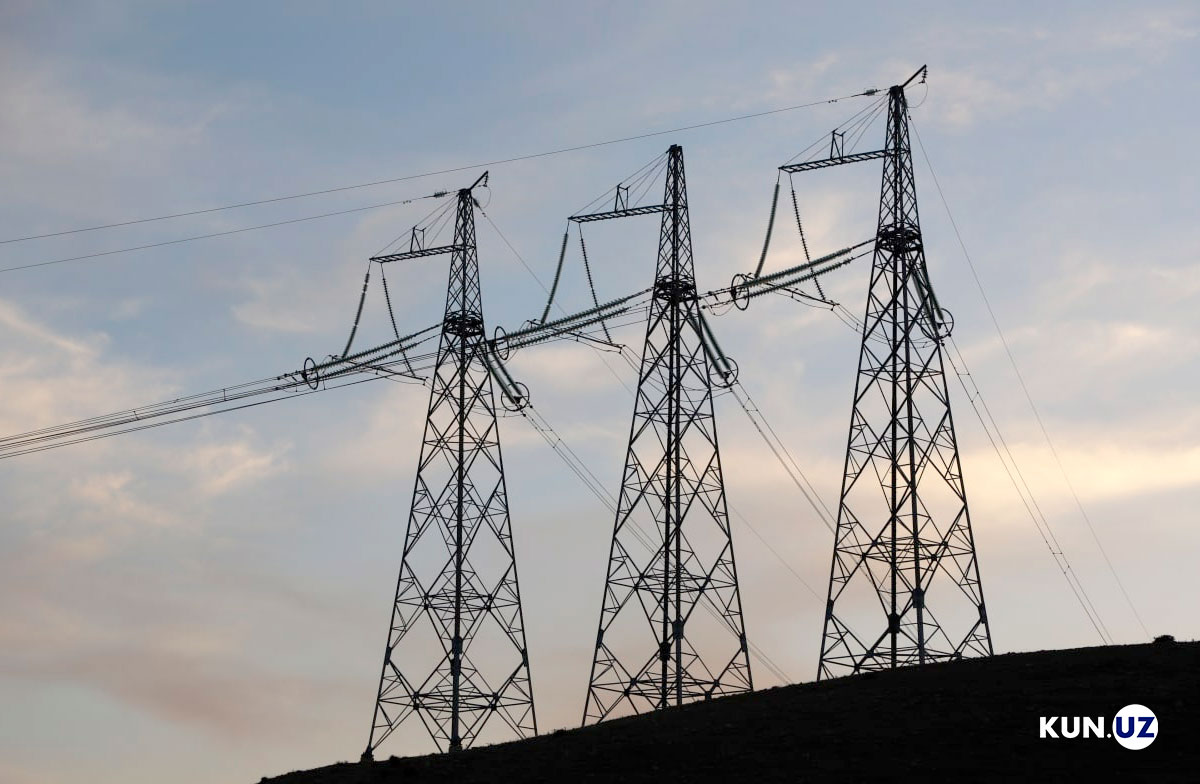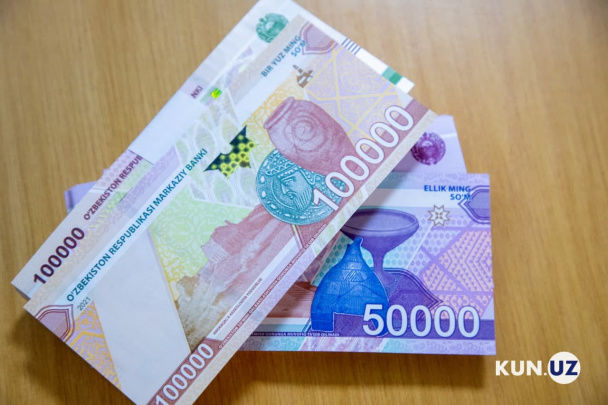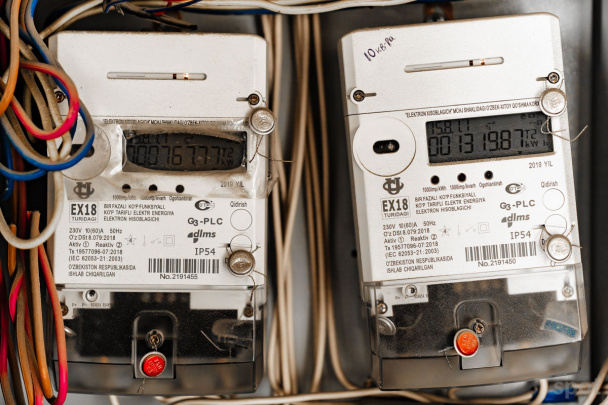“Energy subsidies cost more than $1 billion a year” – Ministry of Energy
Market pricing will allow money to be directed to the social sphere, the department said.

Photo: Kun.uz
As Spot previously wrote, Energy Minister Jurabek Mirzamakhmudov announced an increase in tariffs for natural gas and electricity for the population in 2024.
The Ministry of Energy has calculated how much it costs the budget to maintain energy prices at the current level. Non-market pricing hinders the development of the sector, the commentary notes.
According to the department’s estimates, one kilowatt-hour of electricity at the time of delivery costs 970 soums (the tariff for the population is 295 soums). The cost of one cubic meter of gas is 1,890 soums (380 soums).
If one family uses an average of 200 kWh of electricity every month, then the volume of subsidies per subscriber is approximately equal to 135 thousand soums per month or 1.62 million soums per year. Electricity networks in Uzbekistan have 7.4 million subscribers.
Average gas consumption during the heating season is 750 cubic meters. m. At current tariffs, 1.132 million soums are spent to subsidize each of the 4.1 million gasified households.
The total volume of subsidies for the energy sector from the state budget is about 14 trillion soums, or $1.15 billion per year. An average of 11.98 trillion soums per year is spent on electricity alone.
This money is spent only on maintaining the energy sector in its current state, and not on its development, the Ministry of Energy emphasized. In addition, according to the commentary, the current order precludes additional appropriations for social services.
It is expected that the transition of the industry to market mechanisms will allow the budget to save significant funds. They can be used to build new schools and hospitals, import modern technological solutions, and modernize the energy system.
“Living in the energy sector according to market rules will stimulate the development of skills such as a culture of consumption, avoidance of unnecessary spending, independent control of expenses and transparent distribution of funds,” the statement reads.
Related News

11:05 / 28.01.2026
Government to subsidize up to 50% of tuition fees for students from low-income households

16:05 / 23.01.2026
Uzbekistan to launch new support package for state-assisted families

17:51 / 06.01.2026
Government introduces online application system for energy subsidies

16:41 / 27.12.2025



